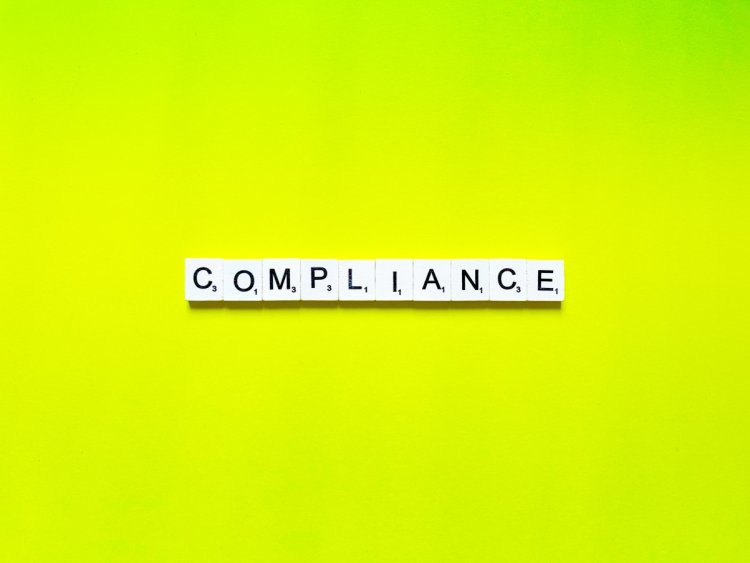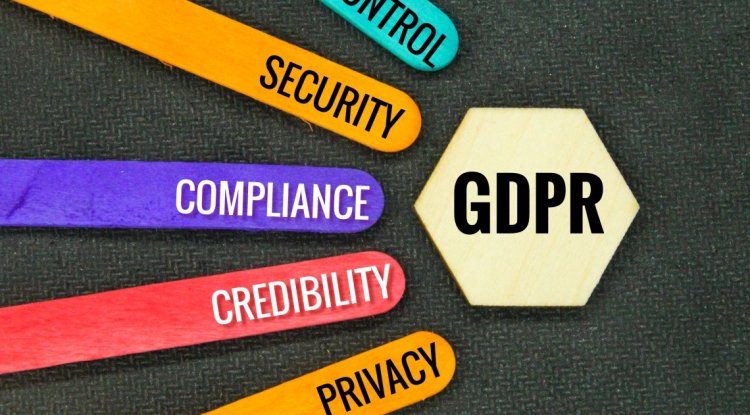Understanding the Importance of Marketing Compliance
Explore the significance of marketing compliance in today's digital landscape. Learn how adhering to marketing regulations ensures trust, credibility, and success.

In today's rapidly evolving digital landscape, where data drives marketing strategies, ensuring compliance with regulations is more critical than ever before. Marketing compliance goes beyond just following rules; it establishes trust, credibility, and ultimately contributes to the success of businesses. As a seasoned professional in digital marketing and technology, I, Raghav Chugh, delve into the significance of marketing compliance and its profound implications.
The Role of Marketing Compliance
Marketing compliance refers to the adherence to legal and ethical standards in all marketing practices. It encompasses various aspects, including data privacy, truth in advertising, consent management, and protection of consumer rights. By aligning marketing efforts with these regulations, businesses demonstrate their commitment to safeguarding customer data and fostering transparency. This, in turn, cultivates trust among consumers, which is pivotal for sustained brand loyalty.
Navigating the Regulatory Landscape
The modern marketing landscape is a labyrinth of regulations, such as the General Data Protection Regulation (GDPR) and the California Consumer Privacy Act (CCPA), designed to protect consumer rights and privacy. Non-compliance can lead to severe penalties, loss of reputation, and legal complications. Thus, organizations must understand and adhere to these regulations to prevent potential pitfalls.
A Case Study: Building Trust Through Compliance
Consider a scenario where Company X, an e-commerce giant, implements stringent marketing compliance measures. By obtaining explicit consent for data usage, transparently communicating how consumer data is handled, and allowing easy opt-out options, Company X not only complies with regulations but also establishes itself as a trustworthy brand. This compliance-driven approach leads to increased customer engagement, loyalty, and positive brand sentiment.
Key Pointers for Ensuring Marketing Compliance
-
Data Privacy and Consent: Obtain clear and informed consent from individuals before collecting and using their data. Implement mechanisms for individuals to manage their preferences and revoke consent.
-
Transparent Communications: Clearly communicate how customer data is collected, stored, and utilized. Provide accessible privacy policies and terms of use.
-
Monitoring and Accountability: Regularly audit marketing practices to ensure compliance. Designate a compliance officer or team responsible for staying updated on regulations.
-
Cross-Border Considerations: If marketing efforts span multiple jurisdictions, understand and adhere to varying regulations, such as GDPR for European customers.
-
Educate Teams: Train marketing teams about compliance requirements and best practices to avoid inadvertent violations.
About Myself
I am Raghav Chugh, a digital marketing and technology expert with a wealth of experience spanning over a decade. As a Marketo Certified Expert (MCE) with proficiency in various tools and technologies, I have a proven track record of delivering exceptional results. My technical prowess, encompassing web development, server management, and automation, positions me as a valuable asset in the digital realm. Connect with me on LinkedIn to learn more.
Empowering through Zigmo.in
At Zigmo.in, our mission is to empower individuals and businesses worldwide with insightful articles on topics like marketing compliance. By offering in-depth knowledge and practical guidance, we assist our readers in navigating the intricate world of digital marketing regulations. Raghav Chugh, the driving force behind Zigmo.in, brings his expertise to the forefront, ensuring that our readers gain a competitive edge while adhering to compliance standards.
In conclusion, marketing compliance is not merely a legal requirement; it's a strategic imperative. Embracing compliance fosters credibility, loyalty, and growth, establishing businesses as responsible and trustworthy entities in the digital realm.
What's Your Reaction?




















